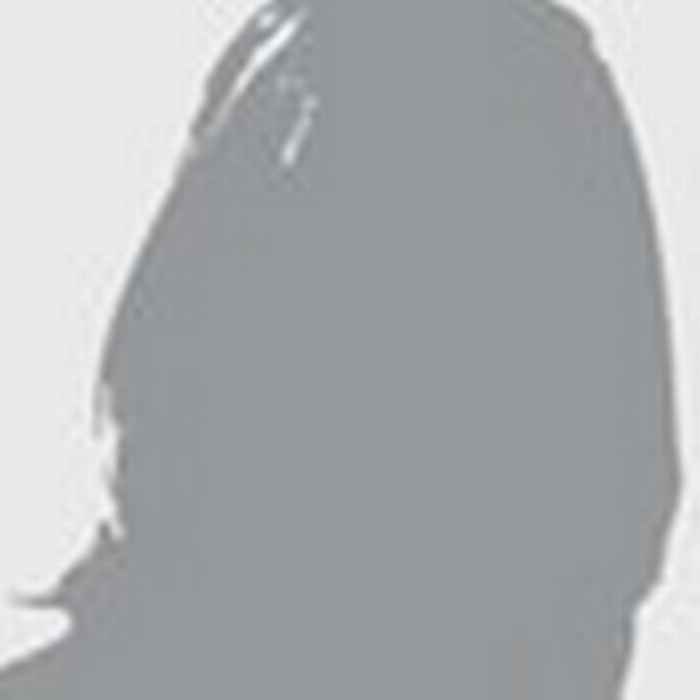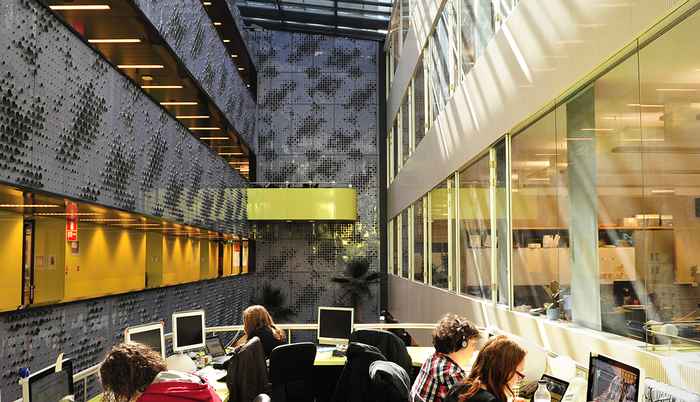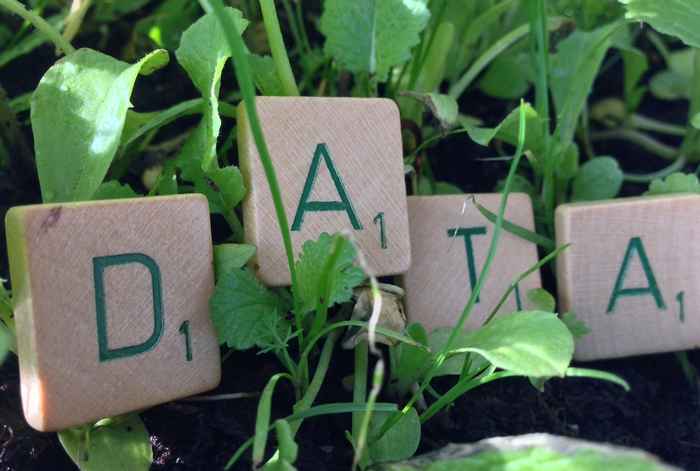Mathematics
-
Information Sources
-
Discipline Specific Resources
Electronic journals
-
Location
-
Collection
Description
Total size of the collection: about 11.000 titles across multiple locations from which the most important are: the Science Library and the University Library. The collection is UvA wide at the level of a collection for teaching and research. Within the collection Mathematics and Computer Science, the following division can be made: Mathematics, Computer Science and Logic. Logic is actually considered to be part of the main section of Mathematics in the Dutch Basic Classification and has been placed there because of the fact that this involves Mathematical Logic, but given the importance of these (sub-) collection it deserves a separate description. Mathematics is classified under the Library of Congress Classification (LCC) QA.
Mathematics collection QA1-939 Mathematics QA1-43 QA1-43 QA47-59 Tables QA71-90 Instruments and machines QA75-76.95 Calculating machines QA75.5-76.95 Electronic computers. Computer science QA76.75-76.765 Computer software QA101-(145) Elementary mathematics. Arithmetic QA150-272.5 Algebra QA273-280 Probabilities. Mathematical statistics QA299.6-433 Analysis QA440-699 Geometry. Trigonometry. Topology QA801-939 Analytic mechanics Mathematics
Around 1916, the Mathematics Library presents itself for the first time as an independent unit, after first having functioned as part of the reading room of the University Library. Since that time, collection building has focused more on the fields that were current at the time. This trend has continued until the present day, as well as when new fields or currents emerged. Many prominent professors have played a stimulating role in the course of the years. Partly due to the fact that there was no lack of funds, this has led to an impressive collection that can be considered is one of the best university maths collections in the Netherlands. Typically is the width and depth of the collection. In all major disciplines, the standard literature is present and through the efforts of many private patronage and also many donations, often many peripheral literature. Many important series of works are all almost completely present, in addition to numerous dissertations from home and abroad and a large collection of conference proceedings. Very worth the efforts are the collection's collected works.
Logic
The origin of the collection dates back to 1952 when the Institute of fundamental research and Philosophy of Science was founded, together with previously purchased literature by the first professor of logic in the Netherlands, dr. E.W. Beth. Further, before the war a number of eminent professors shaped the composition of the collection. Examples include: A. Heyting, L.E.J. Brouwer and G. Mannoury. They contributed to a wide-ranging collection. By taking care of the future professors and the foundation of broad partnerships in later times, the purchasing has remained constant for both mathematical logic as for the dedicated areas.
Logic is used in more and more disciplines. As a result, there is a growing part in the collection of interdisciplinary-oriented literature (e.g. Philosophy, Language, Computer Science, Artificial Intelligence). - Mathematics Journal Rankings
-
Research Data Management
RDM
All information on data management can be found on the Research Data Management (RDM) website.
-
Support
Contact the Information Specialist if you need help with:
- Information skills (scientific literature search)
- Research Data Management (RDM)
- Book purchase suggestions


